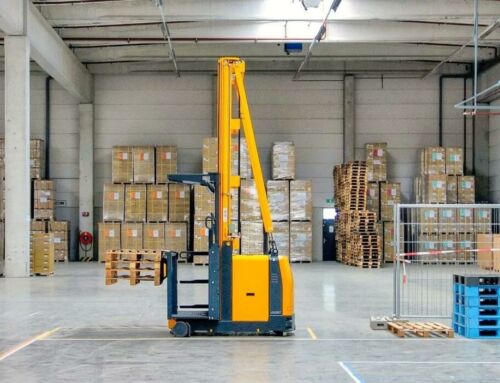
How does rising inflation affect small business insurance requirements?
The rising inflation we’re experiencing now is affecting insurance in a number of ways.
Materials commonly used to replace damaged properties, such as building items and even labour, are in short supply, driving up replacement costs.
Steadfast Broker Technical Manager Michael White says in these times, it’s important for small businesses to make sure the sum insured for their assets reflects their current replacement value so that if their property is damaged, the settlement may cover the costs.
“If the sum insured is not accurate, this may impact the settlement they receive if they have to make a claim,” White says.
Rising Inflation: Insuring for the true replacement cost is crucial
White says there are several factors to consider.
“The first thing is that in business insurance – but not in home insurance – there is generally a co-insurance clause that states you have to insure for the replacement cost of the building as at the time you take out the policy,” he says.
“That’s relevant in the current inflationary environment because, unfortunately, the cost of materials and building costs have increased significantly.”
It’s extremely important that the sum insured reflects the true replacement cost at the time the policy is taken out, regardless of what the owner believes it to be, White says.
“If the business doesn’t insure for full replacement cost, in the event of a claim, the insurer can reduce the amount of the payout even if there is not a total loss” he says.
The way in which this works is complex and depends on the wording of the particular policy.
However, the following is an example from a wording which is widely used in the market.
- Sum Insured on the building: $1,000,000.
- Actual cost of replacement of the building: $2,000,000.
- Cost of repairs: $200,000.
- Amount payable under the policy = ($2,000,000 x 80%) = $1,600,000.
- $1,000,000/$1,600,000 = 62.5%.
- $200,000 x 62.5% = $125,000
- Amount payable = $125,000.
However, White says: “If the building burns down, the insurer only has to pay you the sum insured. If the insured amount is $1 million and it’s going to cost $2 million to replace, you’re $1 million out of pocket.
Rising Inflation: Yearly review of sum insured recommended
Underinsurance can be a serious problem in Australia, especially when people don’t regularly review the sum insured.
“Small businesses should aim to review the value of their assets at least once a year,” White says.
“Maybe at the moment, because the increases are so significant, it should be twice a year, but at least once. And every time a business renews the policy, they should be working out the replacement cost of the asset.”
“If your property or asset has an unusual feature, it’s best to use either a quantity surveyor or a valuer to get a more accurate calculation,” White says. “This should be done at every renewal, particularly in the current environment of rising inflation.”
Rising Inflation affecting Insurance: Calculations should factor in a time lag
Another point small businesses should consider is that if their building or another asset is damaged or destroyed, it may take a while to replace, as some materials are not currently accessible.
“Jobs that previously took six months can now take 12 months because the materials aren’t available,” White says.
“Also, if a significant amount of work is required, it will probably take a while to get council approval. In the time required to get either approval or for the materials to be sourced, costs could have risen again. All this needs to go in the mix when working out how much cover you require.
“This is why having a conversation with your broker is so important.”
As part of our renewal process, we contact clients to review their insurance cover, especially sums insured. These critical conversations help protect the business and assets you’ve worked hard for.


